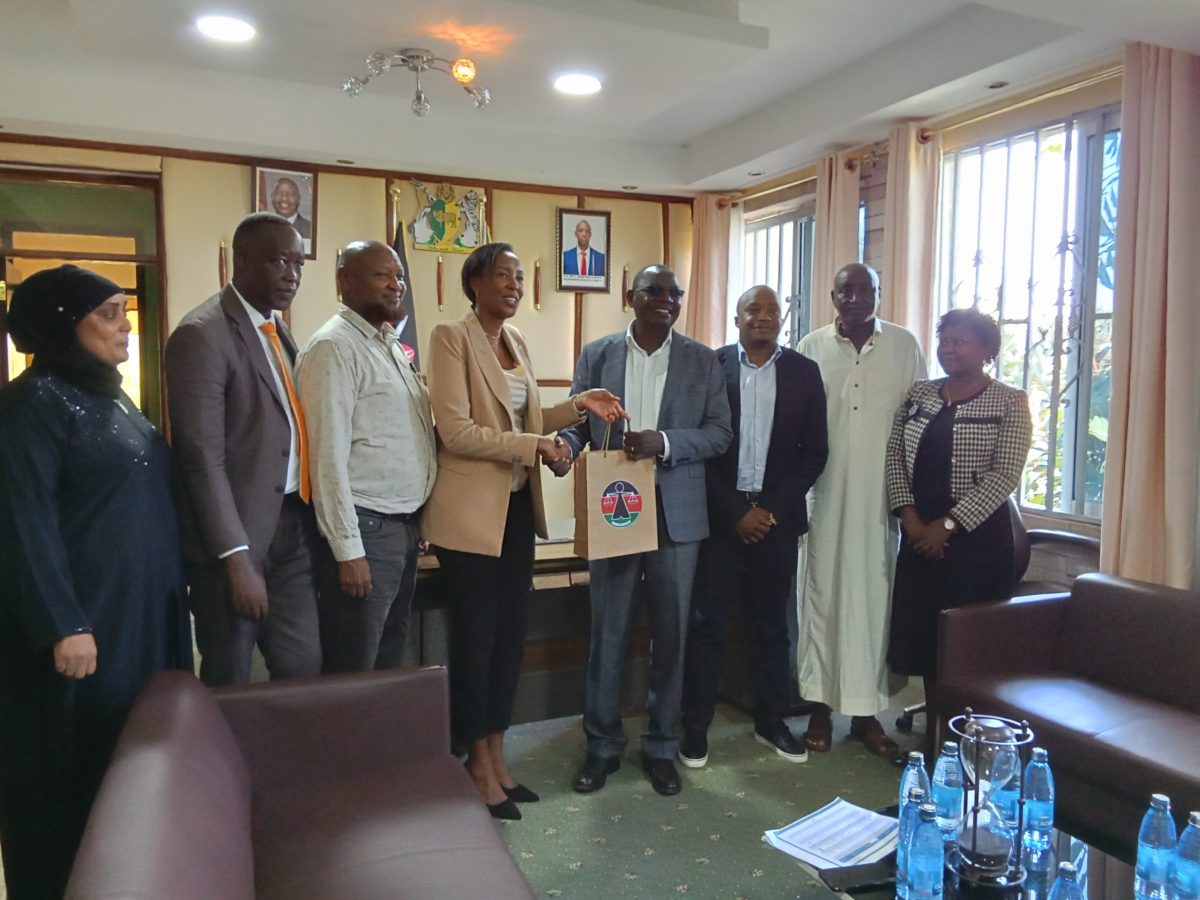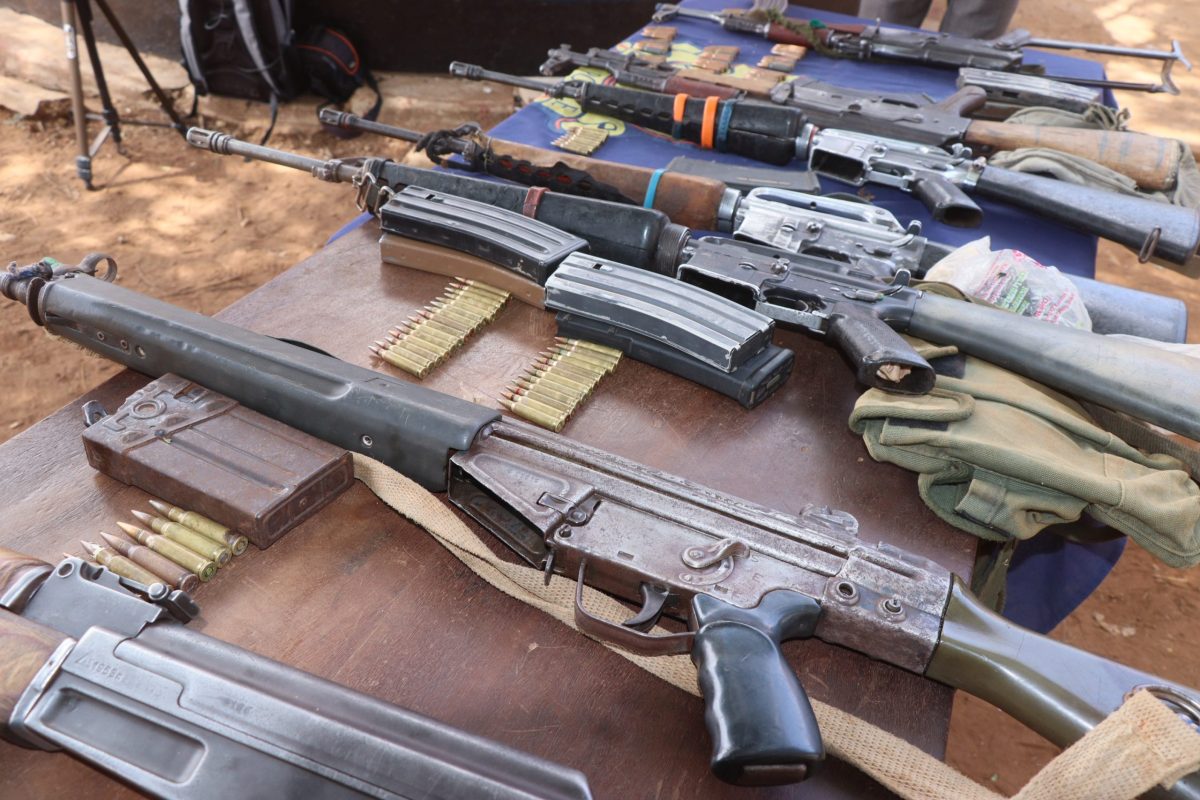Commission on Administrative Justice Launches a Sensitization Program in Isiolo

Officials from the Commission on Administrative Justice (CAJ), together with stakeholders and leaders from Isiolo County, convened for a sensitization meeting aimed at educating the public on how to report complaints effectively.
Speaking at the event, Ms. Dorothy Jemator Kimengech, the Vice-Chairperson and Commissioner in charge of Access to Information, highlighted the Commission’s efforts under the FLOCA (Financing Locally-Led Climate Action) program, which is supported by the World Bank.
She explained that the initiative targets 20 counties across the country, focusing on improving how local governments handle complaints and ensuring access to information.
During the meeting, Ms. Jemator and other CAJ officials engaged with Isiolo Deputy Governor Dr. James Lowasa and representatives from various county departments. She assured them of the Commission’s commitment to providing technical support, developing necessary policies and legislation, and ensuring grievances are addressed in accordance with the law.
Dr. Lowasa emphasized that land-related complaints are the cases which are the most grievances reported in the county. “Most of the complaints we receive concern land issues,” he said, urging the establishment of clear structures and procedures to resolve such matters efficiently.
Hon. Charles Njagua, the Commissioner in charge of Complaints and Investigations, mentioned the Commission’s core mandate of addressing grievances at both county and national levels.
He stated that the primary goal of the sensitization program is to educate the people of Isiolo on how to report and resolve complaints while promoting access to information as a means of combating corruption and enhancing service delivery.
“This engagement will streamline the complaint-handling process, allowing residents to seek justice without having to travel to Nairobi,” Njagua said. “Justice will be accessible right within their home county.”
He added that the community would also be involved through public participation forums, where residents will be educated on the Commission’s functions and the processes available to pursue justice.



